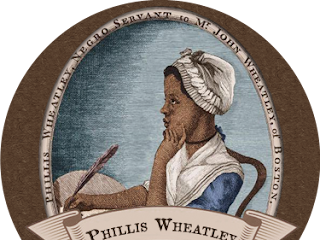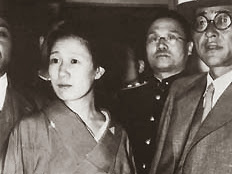Podcast etiketine sahip kayıtlar gösteriliyor. Tüm kayıtları göster
Podcast etiketine sahip kayıtlar gösteriliyor. Tüm kayıtları göster
29 Temmuz 2014 Salı
Episode #17-Nancy Wake, "The White Mouse" (Show Notes)
She parachuted out airplanes, bicycled 500 km. through opposition-held territory, and killed Nazis using just her bare hands! But, before Nancy Wake, nicknamed “The White House,” became landed on the Gestapo’s most wanted list, she was a spunky girl from a broken home, growing-up in New Zealand.
Nancy Grace Augusta Wake was born August 30, 1912 in Roseneath, Wellington, New Zealand. After the collapse of her parents’ marriage, and a childhood lacking maternal affection, she ran-away to explore the globe. Residing in London, Nancy smooth-talked a newspaper executive into employing her, and was dispatched to Paris as a roving correspondent.
Read more »
Nancy Grace Augusta Wake was born August 30, 1912 in Roseneath, Wellington, New Zealand. After the collapse of her parents’ marriage, and a childhood lacking maternal affection, she ran-away to explore the globe. Residing in London, Nancy smooth-talked a newspaper executive into employing her, and was dispatched to Paris as a roving correspondent.
Read more »
13 Temmuz 2014 Pazar
Episode #16-Mata Hari
From disenchanted, favorite child she escaped to become a hopeful, teenage bride. From business-savvy show woman and courtesan she fell to become a convicted spy. From birth to death, Mata Hari’s life was defined by transformation. Charged with aiding Germany while deceiving France, Mata Hari was executed for her supposed crimes at 41. But, was she guilty?
Episode #16-Mata Hari (Show Notes)
From disenchanted, favorite child she escaped to become a hopeful, teenage bride. From business-savvy show woman and courtesan she fell to become a convicted spy. From birth to death, Mata Hari’s life was defined by transformation.
Born Margaretha Zelle in Leeuwarden, Netherlands, her girlhood was characterized by wealth and extravagance, until her spendthrift father went bankrupt, throwing the family into poverty. She was pawned-off to relatives following her parents’ divorce and mother’s death, and trained to become a kindergarten teacher. But, after her first brush with scandal, she was again sent packing. Now residing in the Hague, Margaretha met Rudolph MacLeod, her future husband. Engaged after just 6 days, the pair became acquainted via a matrimonial advertisement he’d taken out in a newspaper. Yet, despite his aristocratic pedigree, Rudolph was no gentleman. His drinking and womanizing, and Margaretha’s free-spending, overtaxed the marriage, and they eventually divorced.
Read more »
Born Margaretha Zelle in Leeuwarden, Netherlands, her girlhood was characterized by wealth and extravagance, until her spendthrift father went bankrupt, throwing the family into poverty. She was pawned-off to relatives following her parents’ divorce and mother’s death, and trained to become a kindergarten teacher. But, after her first brush with scandal, she was again sent packing. Now residing in the Hague, Margaretha met Rudolph MacLeod, her future husband. Engaged after just 6 days, the pair became acquainted via a matrimonial advertisement he’d taken out in a newspaper. Yet, despite his aristocratic pedigree, Rudolph was no gentleman. His drinking and womanizing, and Margaretha’s free-spending, overtaxed the marriage, and they eventually divorced.
Read more »
22 Mayıs 2014 Perşembe
Episode #15-Phillis Wheatley (Mini-cast) Show Notes
 |
| The Phillis Wheatley Monument in Boston, Massachusetts |
Phillis Wheatley, the first African-American to publish a book of poetry, was probably born in 1753 or 1754, somewhere in western Africa. At roughly 7 years old, captured by slave-traders.
Considered too sickly for hard labor plantations in the Caribbean or Southern U.S. colonies, she became a domestic servant for the Wheatley family in Boston. Though they kept slaves, the Wheatley’s were relatively progressive; after witnessing Phillis copying the alphabet in chalk, instead of punishing her, they decided to cultivate her academic interests. During a period when some states outlawed teaching slaves to read, Phillis was studying Alexander Pope and John Milton. Actually, the education she received from the Wheatley’s was superior even to most Caucasian males’.
Read more »













